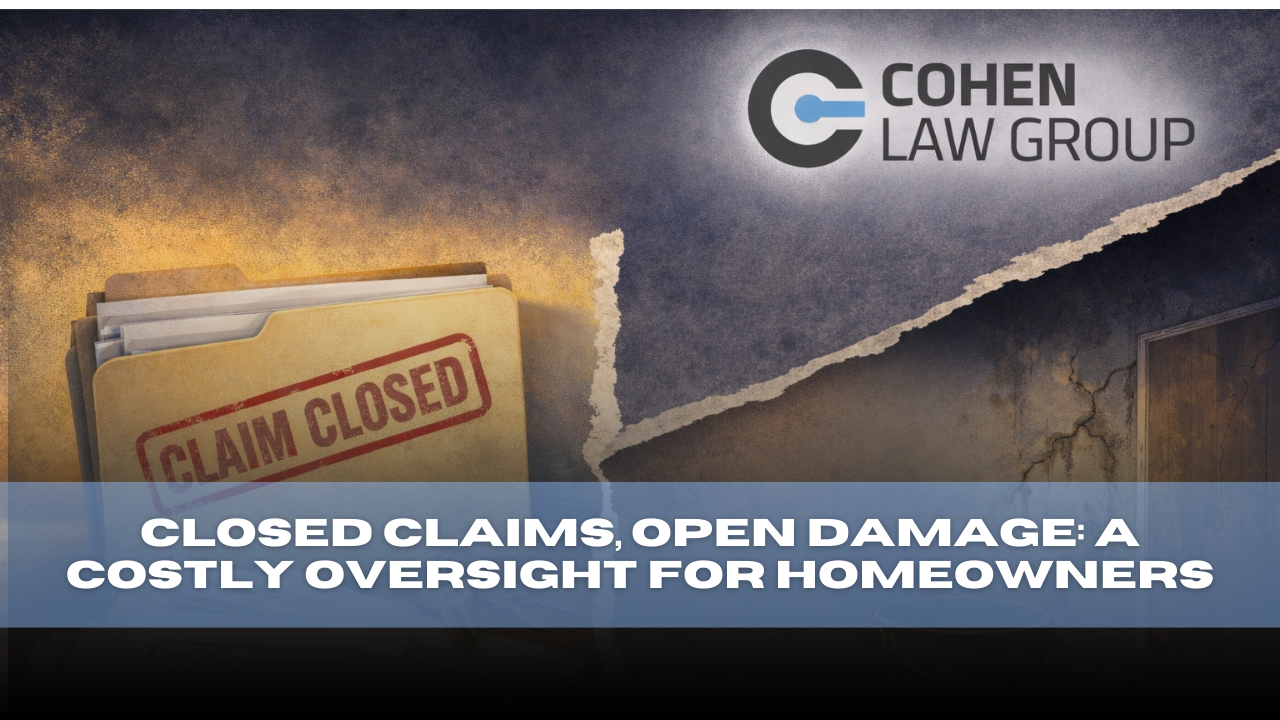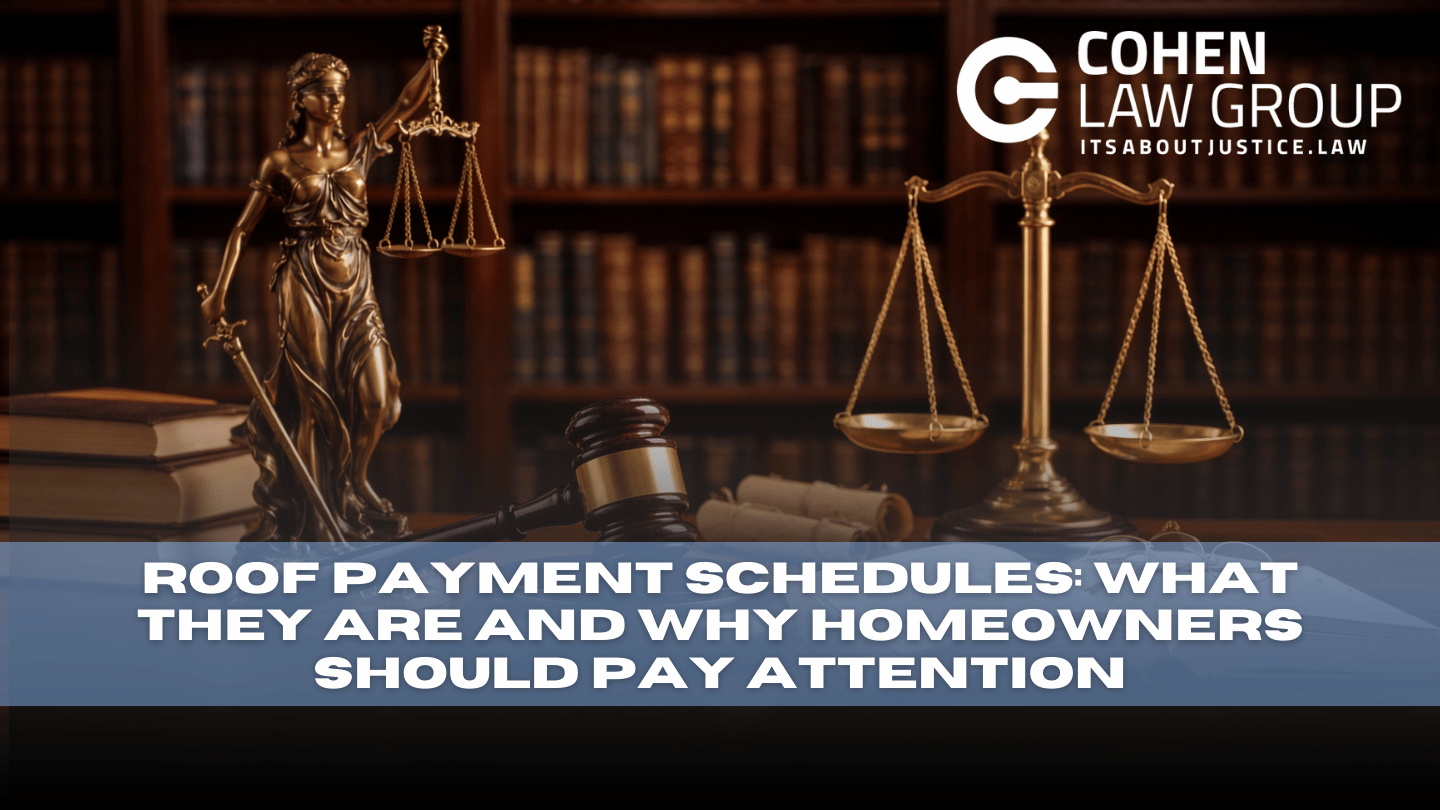Insurance companies often catch their policy holders off guard when they choose to issue a notice of non-renewal. One should note that an insurance company can non-renew a home insurance policy for multiple reasons. A few of those reasons include no longer offering the coverage you were formally paying for or you no longer fit into their acceptable risk profile. When a policy holder receives a notice of non-renewal, it often leads to feelings of confusion and panic. If your policy is non-renewed, it is important to be aware of the options available to you.
Your first option is to contact your insurance company to contest their decision to non-renew your policy. You can do this by arguing your case that the property is not as risky as the insurer believes it to be. Another way of contesting their decision is to take steps to mitigate the risk exposure. Then, by demonstrating to your insurer that the risk has been adequately mitigated, they may decide to renew the coverage.
If contesting their decision does not work, then you should begin to think about researching and shopping for other insurance companies who will consider insuring your property. It is important to keep in mind that other insurance companies may: (1) decline to insure your property on the grounds they believe it to be a risky investment due to the condition of your property; (2) offer an increased policy rate; or (3) choose to insure some parts of the property, but not the particular risky areas.
In the event you are unable to find another insurance company to issue a policy on your property, you may begin to worry about your property’s mortgage terms. Individuals who have a mortgage should be aware that the mortgage company will require you to have a home insurance policy. This is for the simple fact that the mortgage company wants to protect their interests. This ties into the topic of this article because you may be wondering what happens to your mortgage if your insurance company chooses to no longer insure your property.
Depending on the terms of your mortgage, you will have a certain number of days for which your property is allowed to be without insurance. Once that time period is up and you have not found a replacement policy, then your mortgage company will enter you into a forced-place insurance policy which is also known as creditor-placed, lender-placed, or collateral protection insurance. Essentially, this is insurance obtained by the mortgage company on behalf of the homeowner that will insure the property so that the loan is secured.
While receiving a notice of non-renewal is not the end of the world, it sure is an inconvenience and stress-ridden experience. Therefore, by having your options at your disposal, you can begin to take action as soon as possible if you ever find yourself in this position.
COHEN LAW GROUP
DISCLAIMER: This website is for informational purposes only and does not provide legal advice. Please do not act or refrain from acting based on anything you read on this site. Using this site or communicating with Cohen Law Group through this site does not form an attorney/client relationship. This site is legal advertising. Please review the full disclaimer for more information by clicking here.








